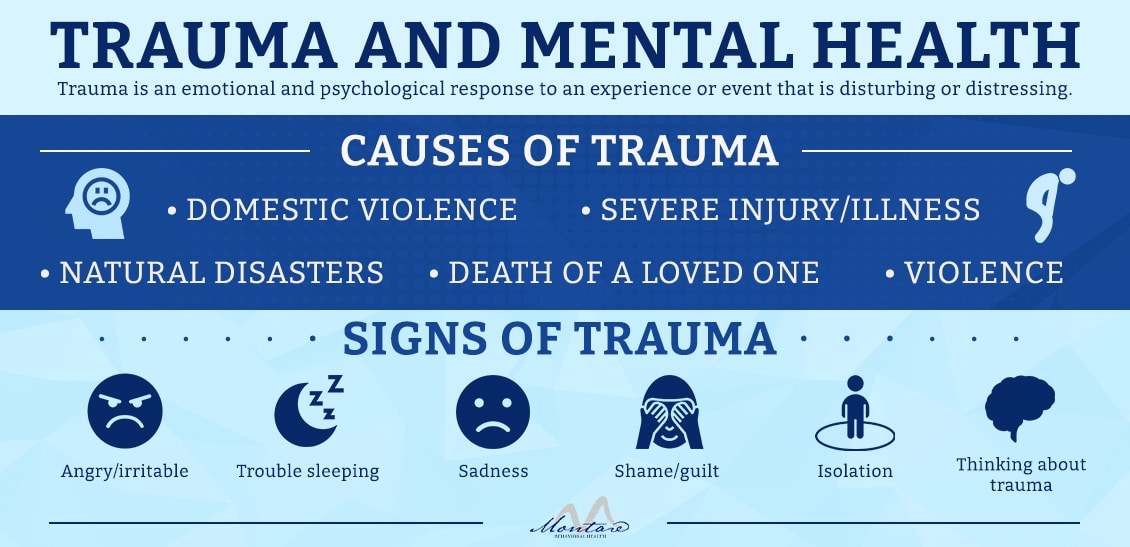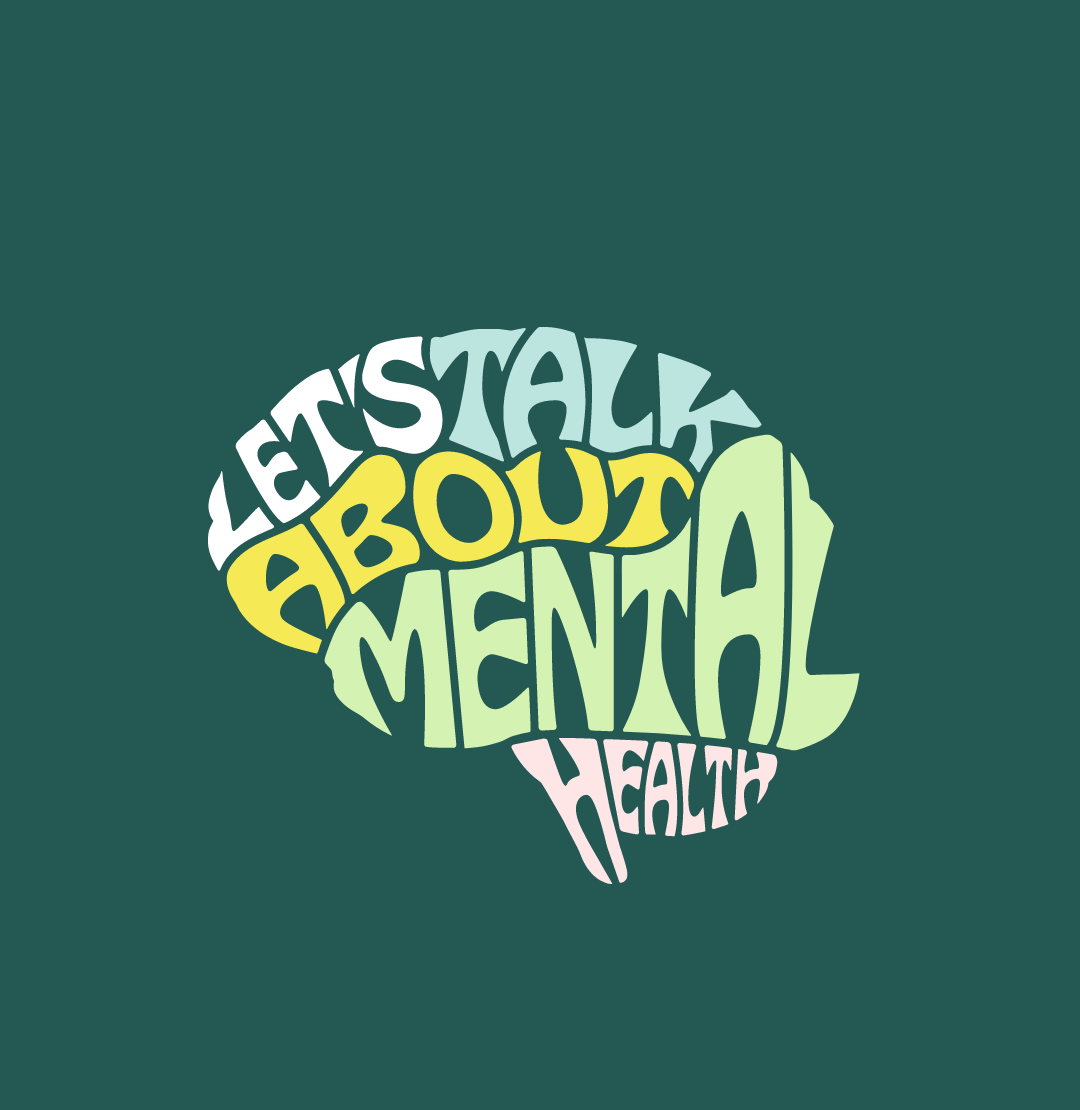Trauma and its effects on individuals can be complex.
From past experiences and recurring nightmares, to a complete redirection of the functionality of the brain after PTSD, it’s important to know and understand that everyone’s trauma can look different. Trauma is personalized to one’s own experience that may have had a strong, highly stressful and overwhelming presence on the individual that only they are able to recite and feel to the best of their comprehension.
Trauma affects those not only directly impacted, but it also affects those around them as well. The mind, body, brain and soul are all connected when one undergoes a traumatic experience, meaning that not only does the mind become emotionally distraught, but the body does too.
One’s bodily functions and physical symptoms can be stuck in the past just as their mind, memories and thoughts can be as well as a result of one’s traumatic experience.
Trauma can make an individual’s mind and body feel as though they are:
- stuck in time
- lost
- ungrounded
- displaced in living
- as if they’re surroundings are unreal
- have a tainted perception of how one sees the world
The complexities of trauma and what it looks like on each individual can vary, and the book, “The Body Keeps the Score” by Bessel Van Der Kolk, M.D, can attest to that.
Van Der Kolk, M.D. talks about working at the VA as a mental health professional with veterans seeking psychiatric help along with the challenges and discoveries he faced working with them. After reading the first chapter, he describes an overview of his direct work he’s done with his patients, named with an alias, and the behaviors, symptoms, thoughts and reactions as a result of their trauma.
Retelling their stories, learning how to regulate overwhelmed emotions, discovering the complex perceptions in their mind and obtaining the bail from their trauma are just a few of the journeys he’s taken with his patients to find a new understanding of trauma, the impact and manifestation it brings, and ways of helping traumatized individuals reach their full potential of normalcy and resiliency.

What I appreciated the most from this book is the recognition that not only veterans experience traumatic experiences, but any living human can.
Victims of domestic violence, abuse, or any exposure to the threat of their being are also victims of trauma. Trauma happens to us from our neighbors to our families, and the capacity to feel joy takes a toll from the traces of our traumas.
For Mental Health Awareness Month, I encourage you all to talk more about trauma and to face the reality of it.
By dismantling the stigma, we can then explore how best to treat it and come together as a community to find ways in helping people heal from it.
One last quote that stuck with me from Van Der Kolk, M.D. was his views on imagination that states:
“Imagination is absolutely crucial to the quality of our lives. Our imagination enables us to leave our routine everyday existence by fantasizing about travel, food, sex, falling in love, or having the last word–all the things that make life interesting. It gives us the opportunity to envision new possibilities and is an essential launchpad for making our hopes come true.”
If you want a specific topic related to mental health covered, Daniella Mendez may be reached at dm3728@columbia.edu.


